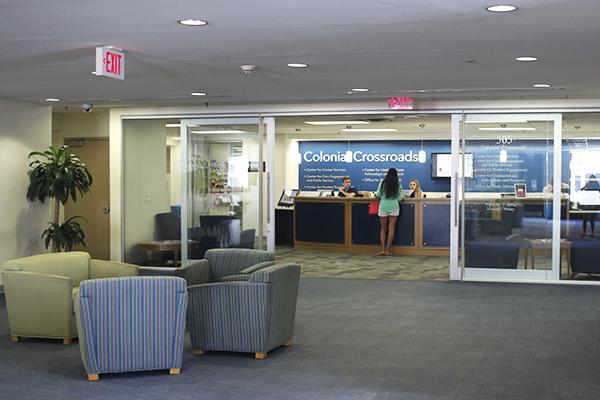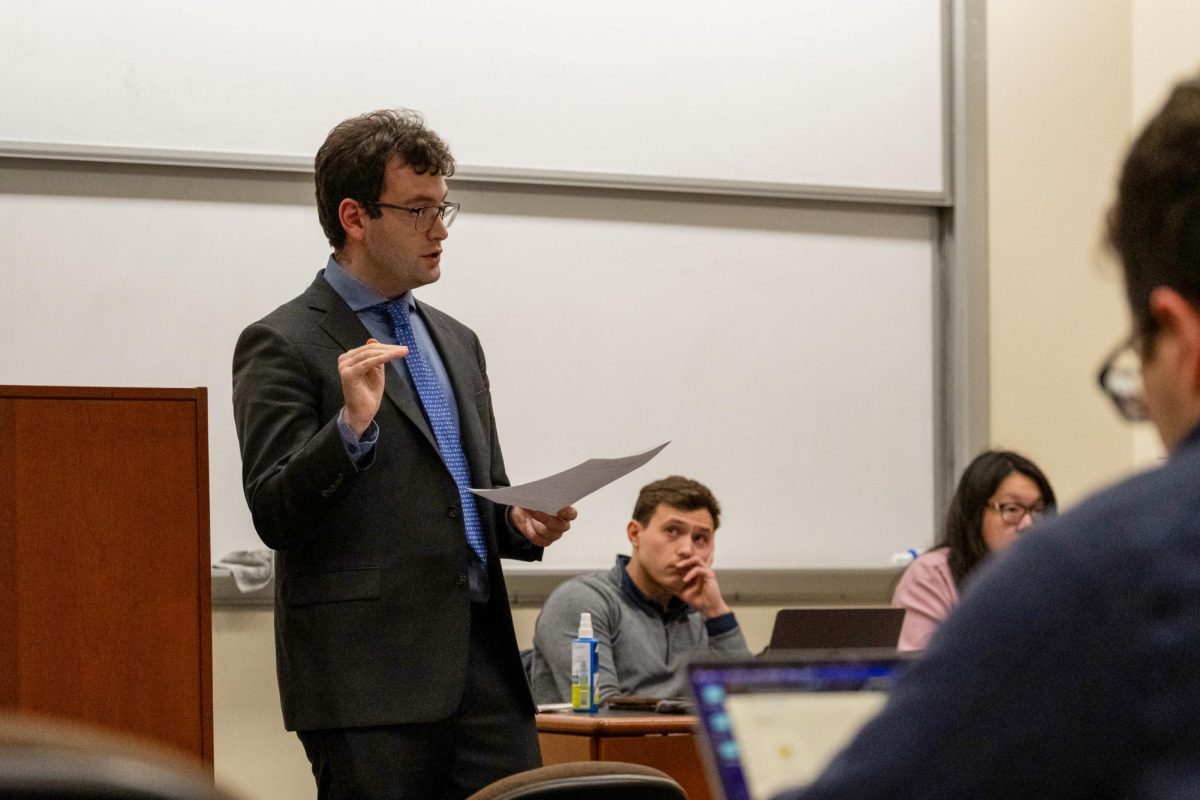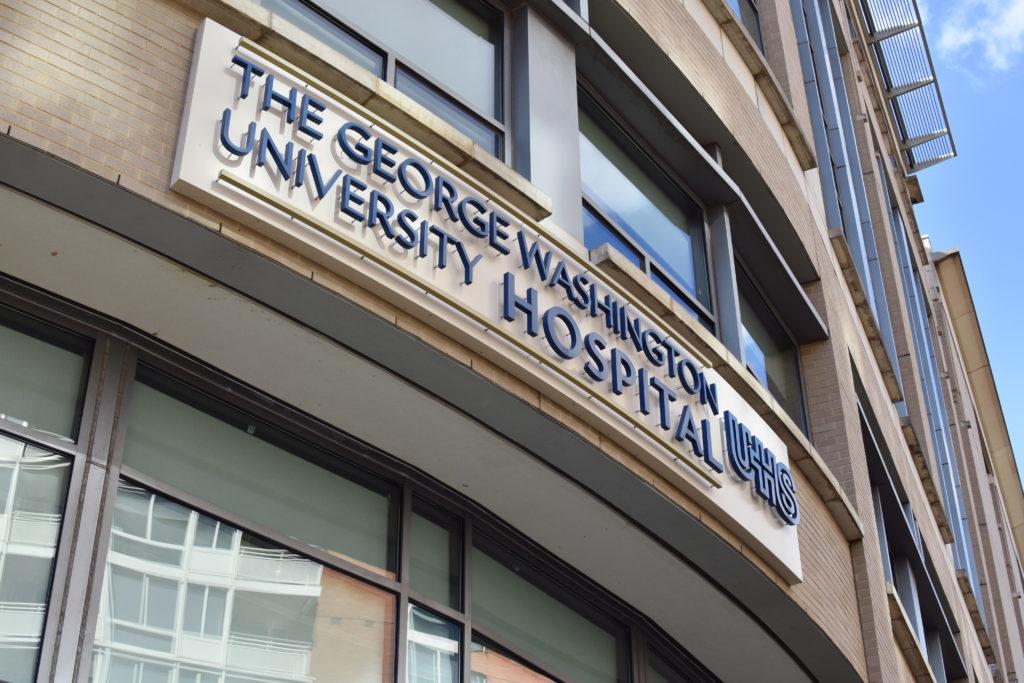Students graduating early can have a leg up in the job market if they take advantage of networking and hiring opportunities, students and experts said.
The Center for Career Services is making an effort to engage more students who are graduating early by holding job fairs earlier in the year and adding opportunities for career preparation. Students who graduate early are sent into the real world during an unnatural time for transition, as most graduates start their job searches in the spring.
Rachel Brown, the assistant provost for Center for Career Services, said she and other counselors moved some networking and preparation events for graduating students to earlier points in the semester to give the students enough time to make connections and land jobs in the winter.
For the first time this year, the center hosted an event for seniors searching for jobs during the first week of the semester. Companies in finance and engineering recruit students early at these events, and potential employers typically reach out to students graduating mid-year, she said.
“Many employers hire throughout the year, and with fewer students graduating in December, this can be an advantage for December grads who have a clear plan of action,” Brown said in email.
She added that meeting with a field-specific career coach is helpful, and students are encouraged to talk with them throughout the year.
Emily Priborkin, a senior in the School of Media and Public Affairs, will graduate at the end of this semester, and said she was never specifically identified or contacted by any department at the University as a student graduating early.
She said she has taken the initiative to plan her career on her own.
“It definitely has to be something that you want. The school doesn’t have to hound you. People in my situation won’t be the ones to be like, ‘Oh, I’m not going to do anything regarding my future’ because they know it’s a different situation,” Priborkin said.
Priborkin, who said she’s considering graduate school at GW or a journalism fellowship after graduation, isn’t worried about finding a job right away.
“It’s actually a little easier because you’re graduating early, and you have time to keep applying to jobs without school itself getting in the way of those applications,” Priborkin said.
Jeff Strohl, the director of research at Georgetown University’s Center on Education and the Workforce, agreed with Priborkin that December graduates may have it a little easier because they avoid the “summer surge” of college graduates in the workforce.
“Analysis tends to show that December grads have a better shot because in May they have five graduates clamoring for one job, whereas in December, it’s just two students clamoring for one job,” Strohl said.
But he said there is a downside because some industries and companies may have their hiring schedule structured around spring and summer, when students traditionally graduate.
Strohl said there is no consistent nationwide data, but individual schools have tracked surges in students graduating after the fall semester, usually to avoid paying for another semester of college.
GW’s peer school Duke University saw a 30 percent increase in early graduates, who graduate either mid-year or a full year early, between 2010 and 2014.
Students can complete their four-year degrees in three years by bringing AP credits with them to GW. Last year, the Columbian College of Arts and Sciences announced they would allow students to count their AP credits toward G-PAC classes, a move students said would give them chances to study abroad or graduate early.







